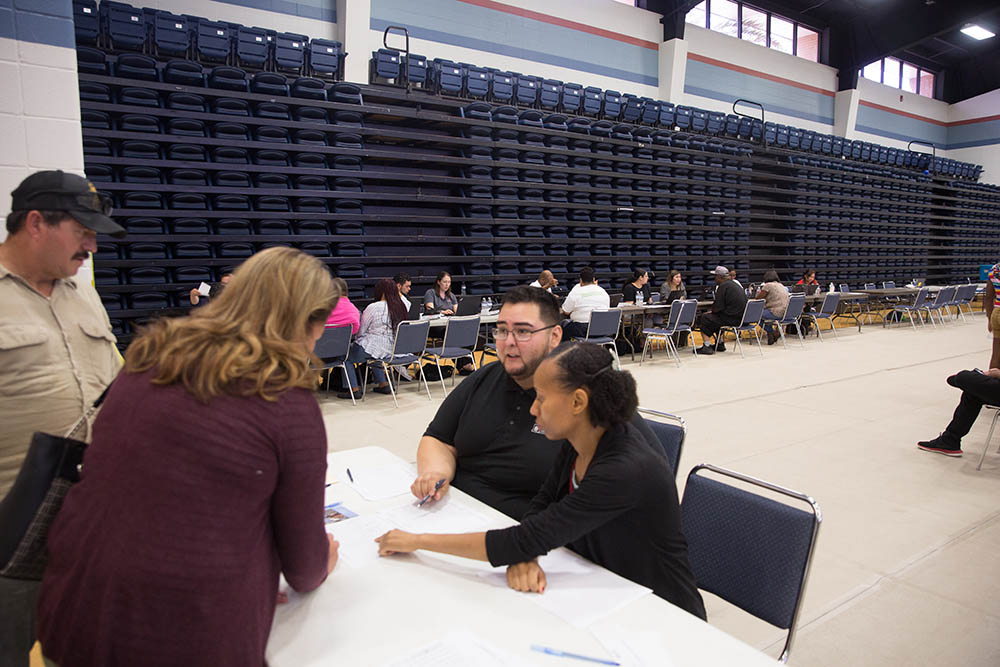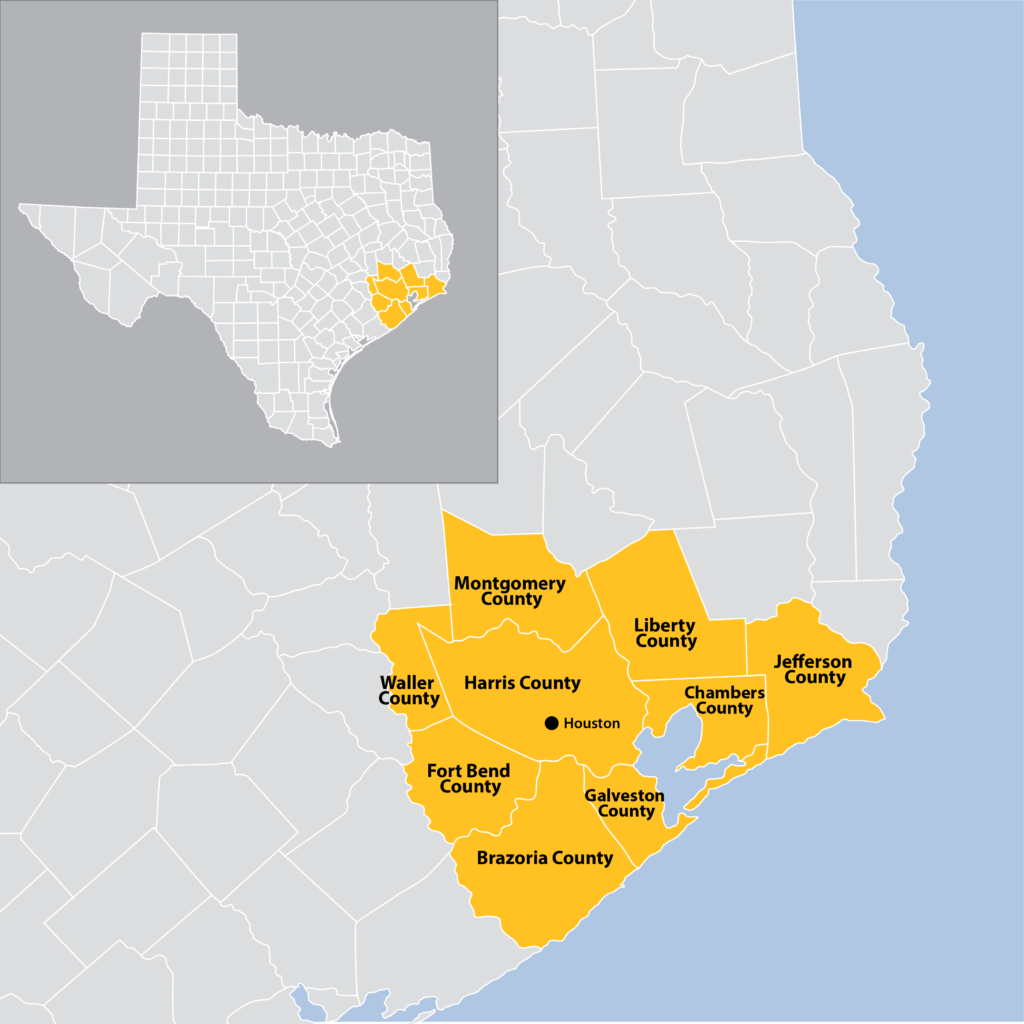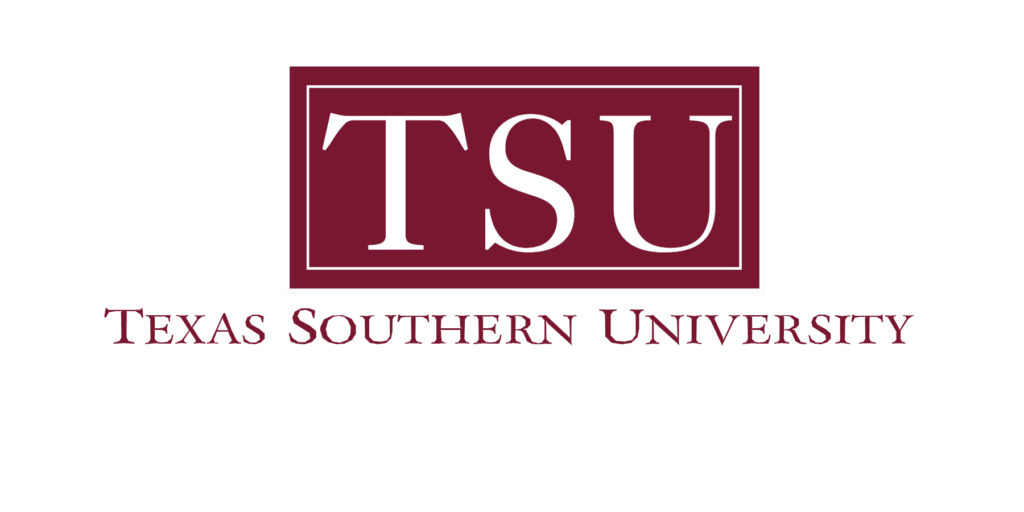Upper Texas Gulf Coast Regional Resilience Initiative (UTRI)
Over the past two decades, the Upper Texas Gulf Coast region has experienced an increase in flooding, or conversely, extreme heat and drought. Weather patterns are increasing in severity and blazing heat waves and 500-year storms like 2017’s Hurricane Harvey, which claimed the lives of 107 people and cost the region $125 billion, are becoming much more common.
To counteract this increasing threat, the growing region must build community resilience that will ensure that planning, preparation, and recovery benefit all. Community resilience approaches must go beyond building infrastructure – by fostering equitable, inclusive collaborative actions across the Upper Texas Gulf Coast, we can together achieve greater impact. This project looks to discover opportunities for building community resilience beyond the traditional boundaries of jurisdictions and sectors.
Objective:
- An equitable and comprehensive resilience action plan to guide regional implementation as we work to increase social, economic, and environmental resilience that:
- Spans city and county boundaries to engage the public, private, academic, and civic sectors.
- Spotlights a broad range of relevant resilience strategies.
- Recommends just and equitable solutions at different scales that advance the region as a whole.

Contact
Related Themes
Project Geography
Nine-county Upper Texas coastal region: Brazoria, Chambers, Fort Bend, Galveston, Harris, Jefferson, Liberty, Montgomery, and Waller.
Plan
Engage communities through interviews, town halls, and develop a baseline assessment of regional resilience, and determine actionable strategies to increase community resilience; Build partnerships and design strategies for greater local and regional collaboration.
Participants
Community-based organizations, faith leaders, advocates, government, private sector/business leaders, and institutions.



